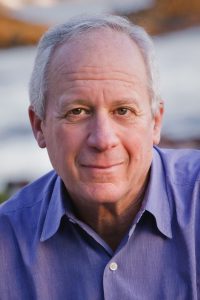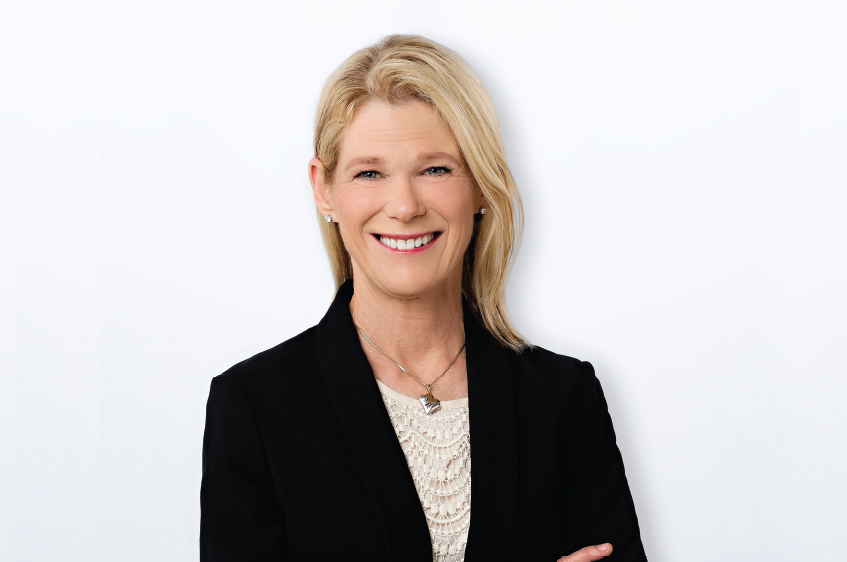This year marks the 30th anniversary of the creation of the reverse mortgage. Although today’s reverse mortgage bears little resemblance to the original, it still carries an unfair negative stigma from its earlier days.
The biggest myth about reverse mortgages is that the bank or lender will own your home. This is simply not true! You will retain ownership and equity in your home just the same as if it had a traditional “forward” mortgage or no mortgage at all. Your heirs will also retain the equity if they inherit the home.
Why the recent surge in popularity of reverse mortgages?
Reverse mortgage originations are up 26% in the first half of this year vs. the same period last. Why?
- 83% of Americans have not saved enough for retirement.
- People are living longer.
- Seniors want to age in their own home.
- Consumers are becoming educated to improvements that have made the reverse mortgage program even better.
- More financial advisors are touting the benefits of the line of credit feature that grows in value over time – providing access to more money for the senior homeowner in the future.
What is a reverse mortgage and how does it work?
Simply put, it is a way for seniors age 62 or older to utilize some of their home equity without having to make monthly payments. Equity in their primary home can be taken “tax-free” in a variety of ways and can be used for any purpose. Common uses include: improved cash-flow during retirement; improved quality of life; repairs or improvements to the home; prepare for emergencies; paying for health care; and establishing a line of credit that grows in value in case funds are ever needed later in life. Sophisticated affluent borrowers are using it for estate planning advantages, too. And, it can also be used to finance a new home purchase.
The amount that a senior can obtain depends on their age, the value of the property, prevailing interest rates and the type of reverse mortgage program they choose. Jumbo reverse mortgages were introduced a couple of years ago and can provide loan amounts up to $4 million.
The reverse mortgage does not have to be paid back until the last surviving borrower no longer lives in the home, the home is sold, or it passes on to their heirs. The portion of the available funds utilized by the borrower accrues interest, but can never exceed the value of the home. Once the last borrower ceases to live in the home, they or their heirs have up to one year to sell the home and pay off the reverse mortgage. Or, they can pay off the mortgage and keep the home.
Today’s safeguards:
Most reverse mortgages are insured by the Federal Housing Administration (FHA). The insurance provides protection against the home ever being worth less than the amount owed on a reverse mortgage. Before anyone can obtain a reverse mortgage, the homeowner must undergo telephone counseling provided by an FHA approved counseling agency. Borrowers must undergo a financial assessment to make sure they can afford to pay their property taxes and homeowners insurance. If not, funds will be set-aside from the reverse mortgage to pay for these expenses. The FHA program provides flexibility in how the homeowner can obtain the funds— a lump sum payment, monthly income, taken as needed with no set amount or retained in a line of credit that grows in value.
The process:
Get educated. Find out how much you are eligible to receive, assess your alternatives, obtain the required counseling and decide how you want to structure your loan.
Due to the various improvements and safeguards, today’s reverse mortgage borrowers are less likely to be at the end of their financial rope. Instead, they are likely to be planning their retirement by looking for ways to leverage their home equity and strengthening their overall retirement plan to age in their own home.

By Rick Cirelli
Richard T. Cirelli is an independent mortgage broker with over 40 years of industry experience. He owns Laguna Beach-based RTC Mortgage Corporation. He can be reached at 949-494-4701 or rick@rtcmortgage.com.



